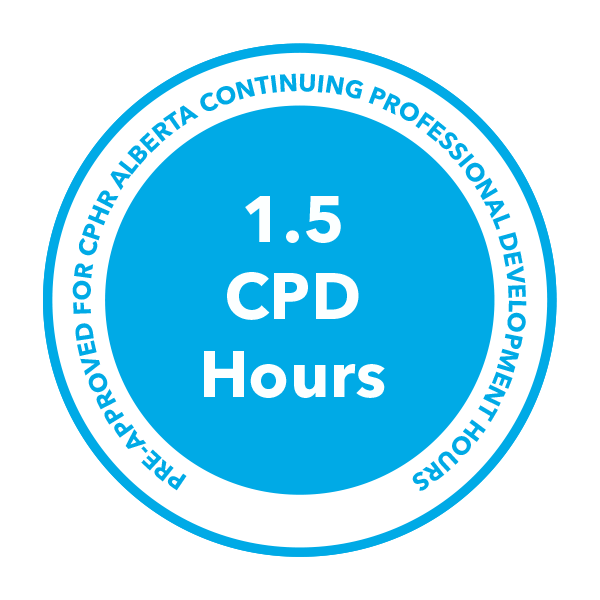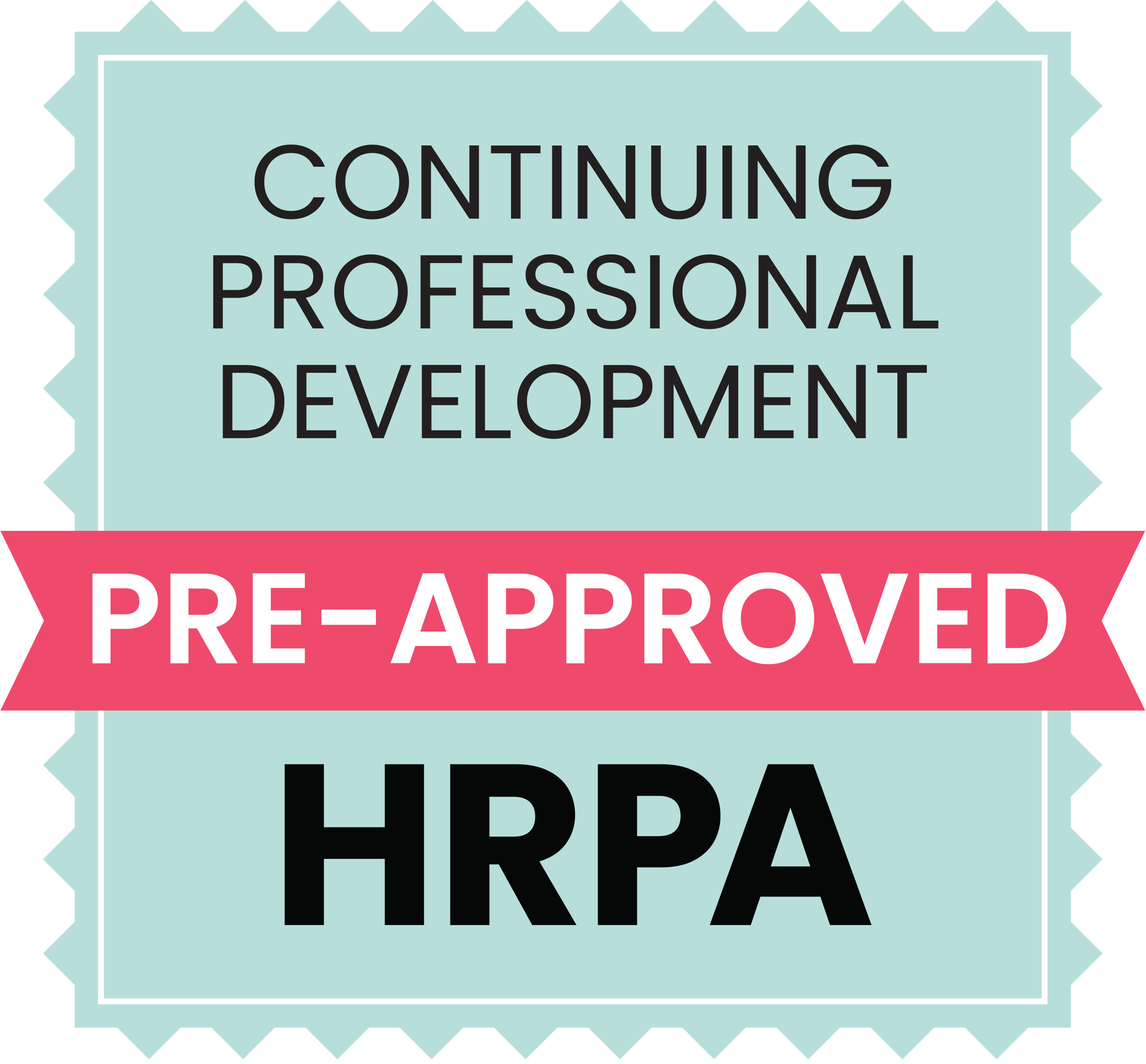$595.00Add to cart
Includes: Webinar Recording with all Associated Materials
May 23, 2023
Obtaining information to accommodate an employee’s mental health disabilities can pose challenges for employers and unions. In this webinar, experts will examine recent caselaw relating to documenting and accommodating mental health disabilities, addressing questions such as:
- Is a medical diagnosis of a mental health disability required for an employee to fall within the protection of human rights legislation? Can an employer require “objective evidence” of a mental illness beyond self-reported symptoms?
- What information can an employer request in accommodating an employee’s mental health disability, granting a leave of absence, or facilitating return to work? How should an employer respond to cursory medical notes (such as: “Off work due to stress”)?
- Is it reasonable for employers to be skeptical about diagnoses from an employee’s family physician, as opposed to a mental health practitioner? When will an employer be justified in seeking a specialist’s report or an independent medical examination? What approach should employers and unions adopt where there may be a lengthy waiting period before an employee can see a specialist or where there is no specialist available?
- How can employers and unions effectively and respectfully request information from employees with mental health conditions? In requesting a specialist’s report or independent medical examination, must the impact of further assessment on the employee’s mental health be considered?
- Where an employee with a disclosed mental health disability remains in the workplace, is an employer entitled to request ongoing information regarding that employee’s mental health? Will further inquiries regarding mental health be considered discriminatory?
- How should employers and unions respond where an employee fails or refuses to provide requested information? How may a mental health disability impact an employee’s ability to respond to these inquiries? Has increasing societal awareness of mental health matters resulted in an increased willingness on the part of employees to volunteer mental health information?
- How should the employer and union communicate with an employee on sick leave related to a mental health disability, especially where the employee has claimed that ongoing communication may exacerbate his or her condition?
- Once received, who should have access to an employee’s mental health information within an employer’s organization or within a union? To what degree are employers and unions entitled to share information with each other, or with employers? If co-workers raise questions or concerns about an accommodated employee, how can employers and/or unions address these without violating the employee’s privacy?
CPD

This program has been approved by CPHR Alberta for 1.5 Continuing Professional Development hours.

This program has been approved for Continuing Professional Development 1.5 hours under Category A of the Continuing Professional Development (CPD) Log of the Human Resource Professionals Association (HRPA).
- This program has been approved by the Law Society of British Columbia for 1.5 Continuing Professional Development hours.

